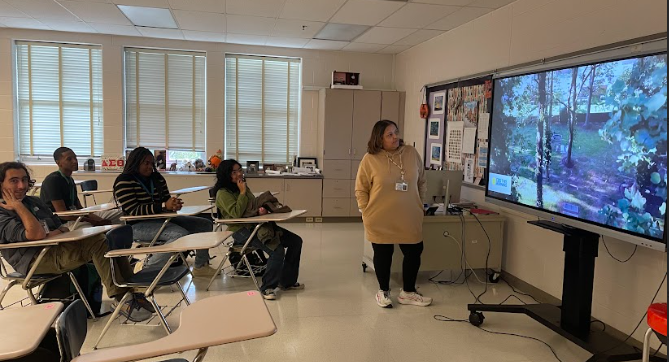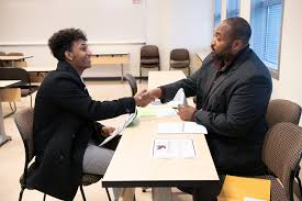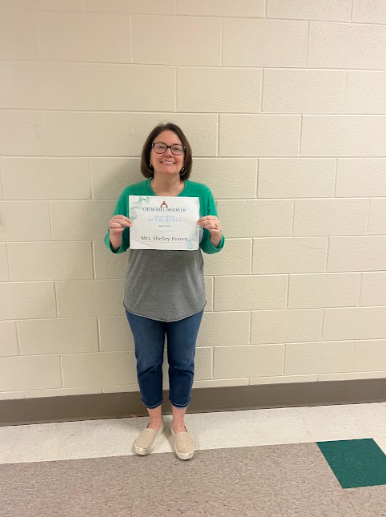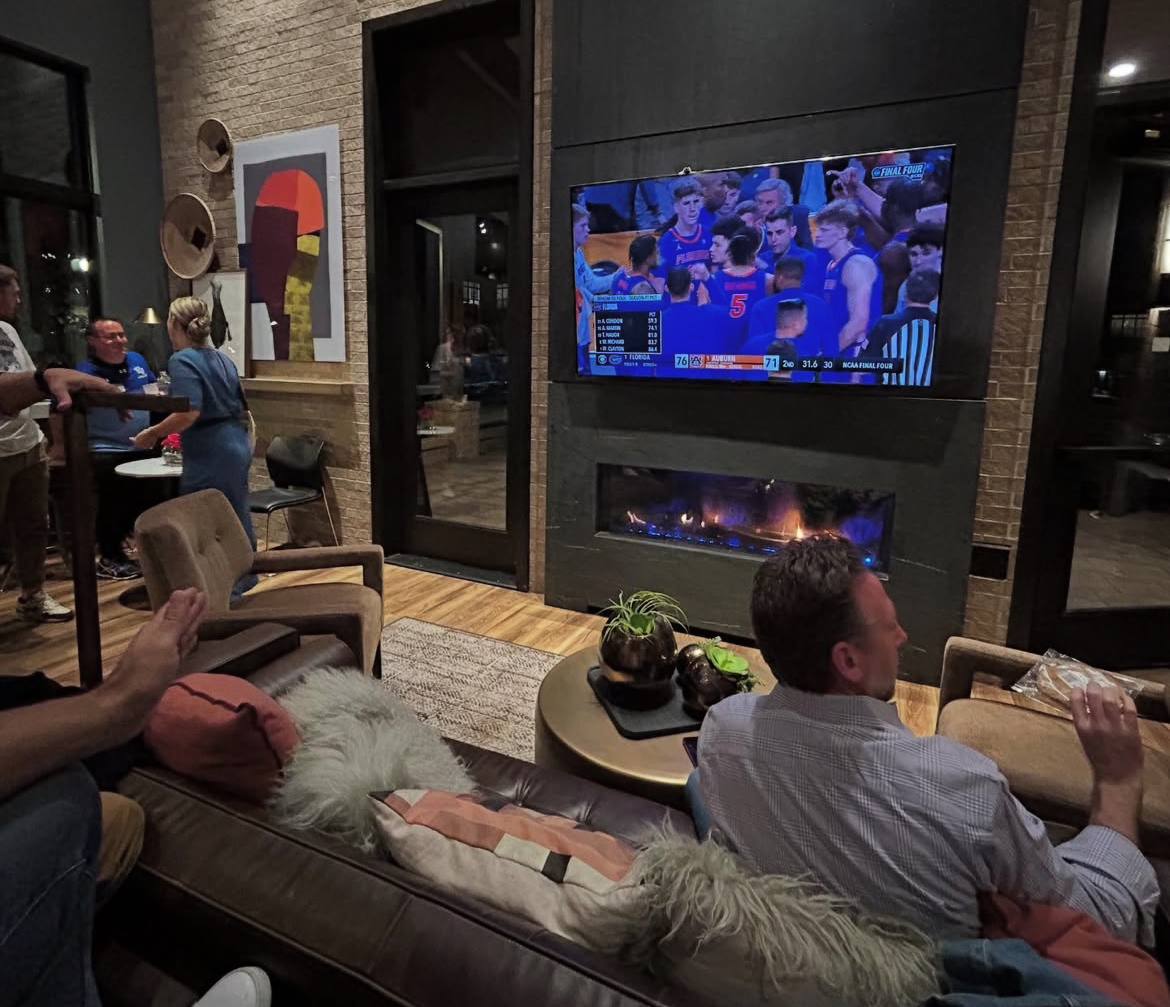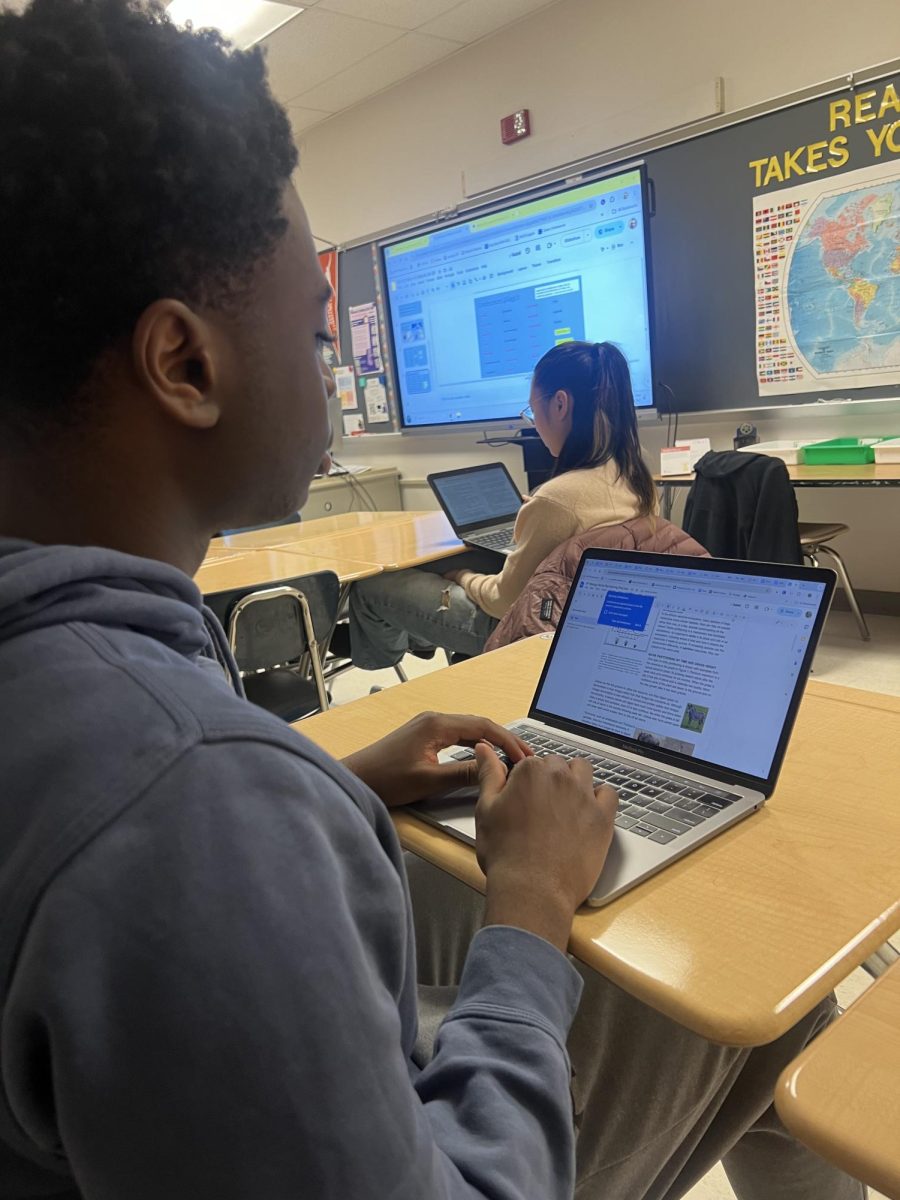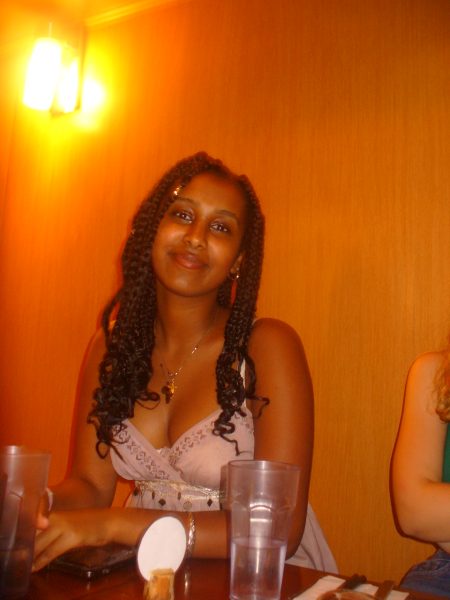While some classes tread softly around controversial topics, WCHS teacher Sandra Young takes pride in the fact that her class does not shy away from “the hard stuff.” AP African American Studies is WCHS’ newest class and is already being treated apprehensively for its curriculum content. College Board piloted the class at select highschools in previous school years, and after several years of fine-tuning the curriculum, WCHS is one of approximately 50 highschools that teaches the course.
“The class gives you so much information that breaks from [African American] stereotypes and revisionist history that has existed in the past: that Africa was all darkness and then the Europeans came and brought the light,” Young said. “It is just not true. The class shows students the strength and resilience it has taken [African Americans] to get where we are today. And I think that it is really important not to just talk about the struggle. I always tell students Black history is not just trauma, it is also Black joy.”
Young teaches AP U.S History, AP African American Studies (APAAS) and American History Through Film at WCHS. In previous years, she taught an elective African American history class that focused on contemporary 20th century African American history. WCHS has replaced this course with APAAS, which takes concepts from this elective course and goes more in depth on African history and focuses on skills similar to other AP history courses.
“[APAAS] is an absolutely great class and condenses so much of not only Black American experiences, but global narratives that are not in any other history classes at WCHS,” WCHS senior Zuzu Suliman said. “I have learned about Ancient West African societies and African cultural influence on music, spirituality, language, clothing and our present day.”
APAAS has four units of study, beginning in Africa pre-European contact, from 900 BCE to the 16th century. The first unit aims to teach about the wealth of history, culture and technology already present on the continent in order to dispel common misconceptions about Africa. The remaining three units focus on Africans in the Americas from the 1500’s to the 2000’s, specifically about their journey from slavery to freedom and ultimately gaining their civil rights.
“Honestly, most people are afraid of their own ideas being challenged,” Suliman said. “I see a general apprehension towards learning hard history: history that challenges your own comfortability. And while, of course, this class delves into much of the tragedies, violence and hardship inflicted on Black bodies, it is not limited to that. I think people forget that Black people laid the foundation of American culture.”
APAAS has been closely associated with critical race theory, which has been a controversial topic in the past few years. This association has led to the class being banned in several states including South Carolina, Florida and Arkansas. In July of this year, Hartford County, Md. voted to lift their ban on APAAS, which had originally been placed due to concerns of the class perpetuating a “narrative of victimhood”. AP exam graders have pushed back against these changes and, after Florida banned AP Psychology and APAAS, they moved their testing center from Tampa, Fla. to Kansas City, Missouri in protest.
“Critical race theory has become code for teaching the truth about history. I think it is a misconception that people have that APAAS is teaching students about things that did not happen,” Young said. “Not teaching hard history is educational malpractice, so we don’t shy away from the hard stuff in this class. APAAS is not about saying that white people are terrible and that they did terrible things. It is about the horrors of slavery and Jim Crow and all that, but it is also about the people who persevere through all kinds of hardship. Why are we trying to deny that these things happened?”
At WCHS, the class only has 15 students, and the majority are Black, with a few students of Asian descent. Despite the value the class can add to students’ personal knowledge and understanding of history, it is not well-attended. Young hopes that this will change in the future as students become more proactive about broadening their current understanding of the world. Suliman is one such student and she encourages other students to approach the class with an open mind.
“This class is a great course if you are looking for another AP class to add to your transcript,” Sulliman said. “For me, I would say it is also really personally fulfilling. WCHS is not socioeconomically diverse, but that is why it is vital for AP African American Studies to be a class here. If education is meant to be mirrors, windows and sliding glass doors, this class is the sliding glass door for many WCHS students.”


